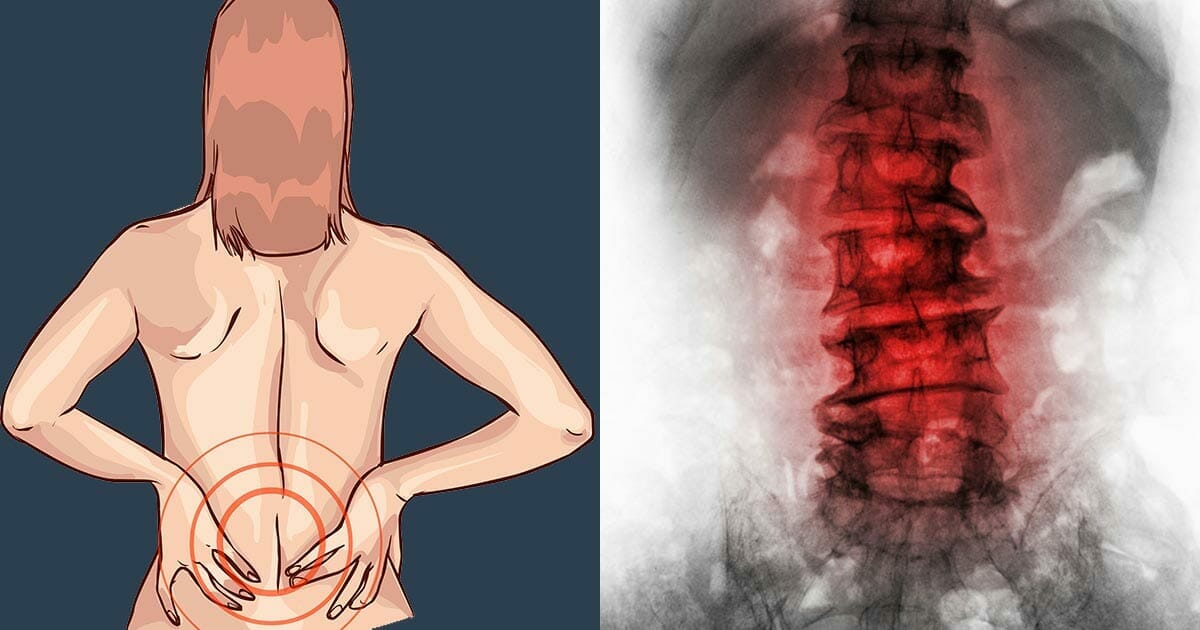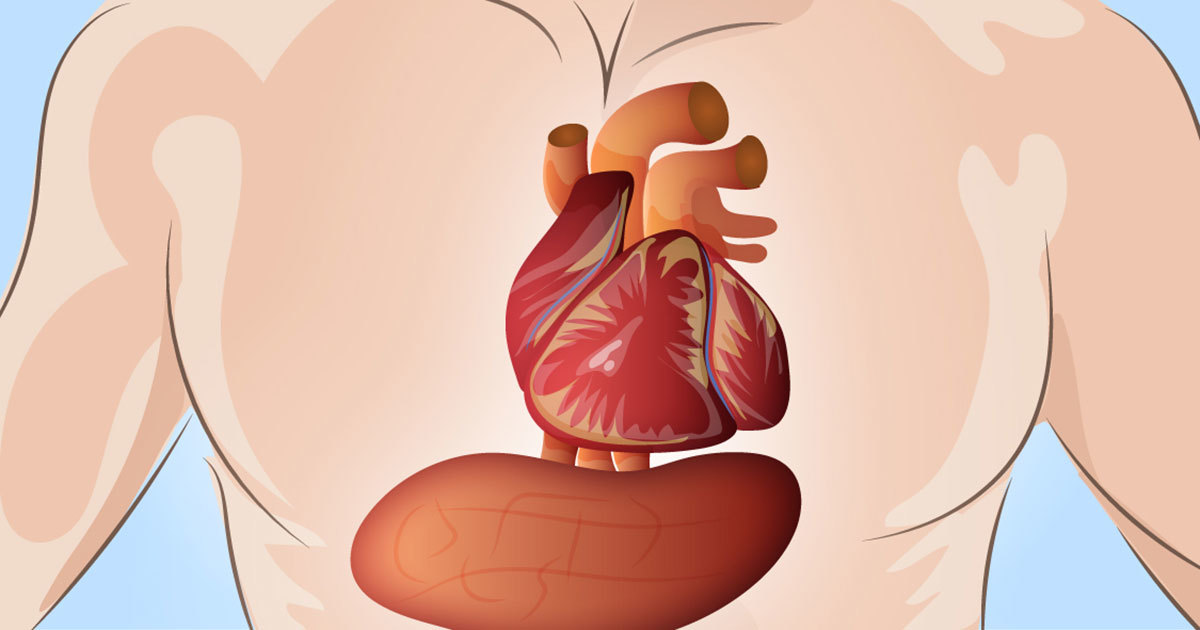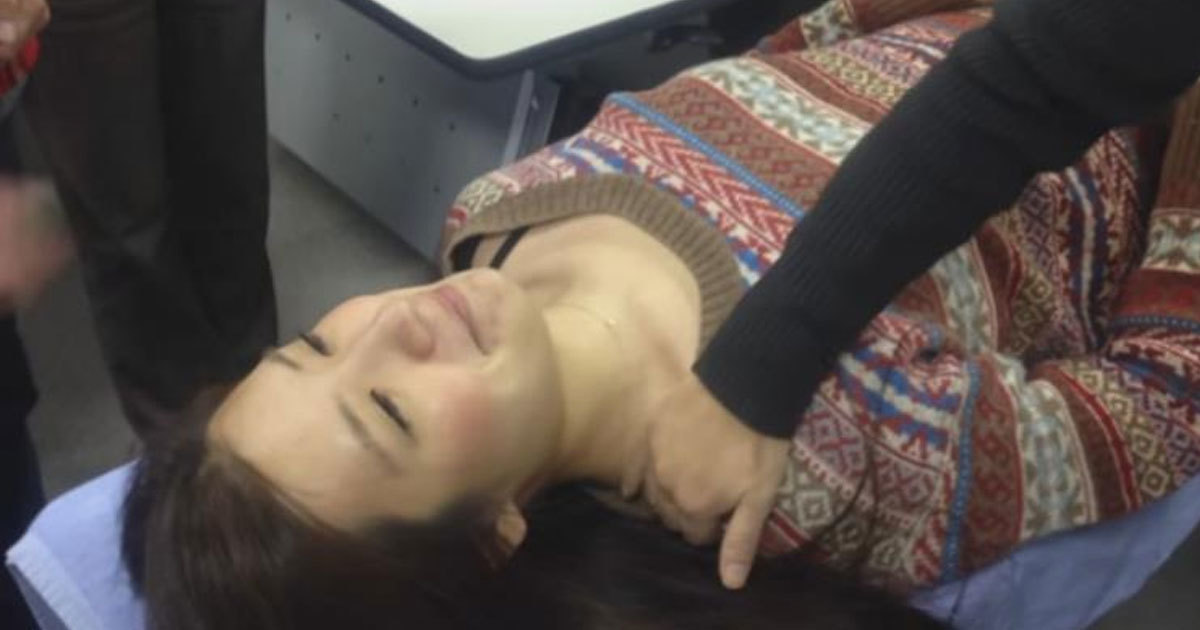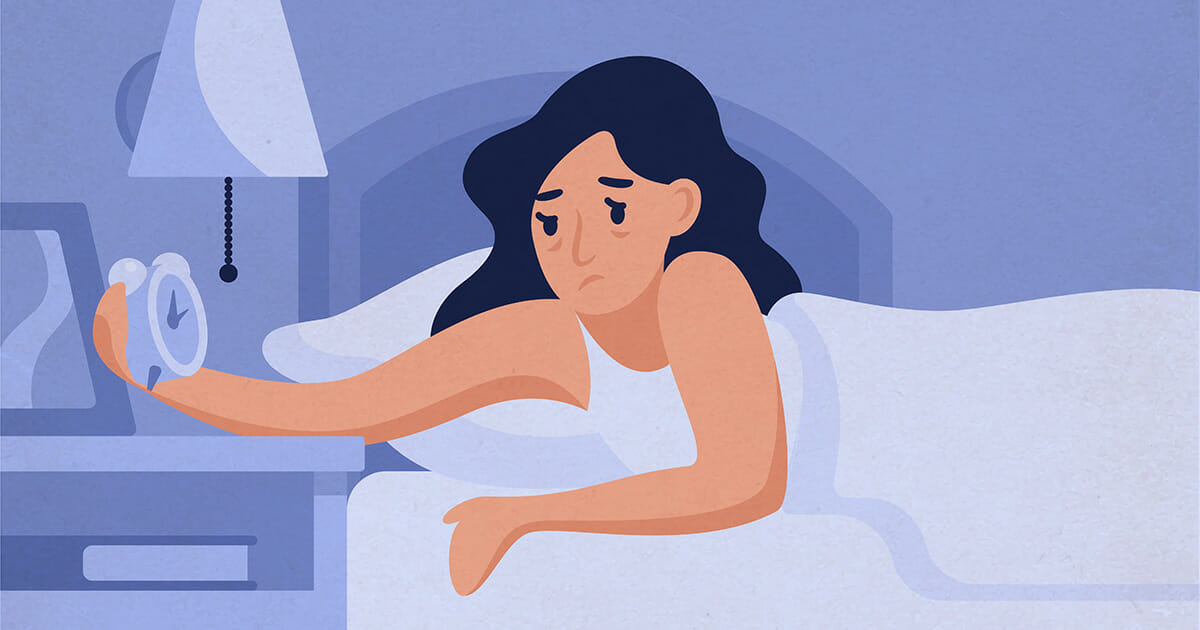If your hands fall asleep, this is a clear sign that you suffer from these problems
|
If you’re like me, then you’re no stranger to occasionally waking up with a tingling sensation in your arms, hands, or fingers.
You probably know exactly what I’m talking about—that feeling when your muscles seem to have "fallen asleep" and it takes about a minute for the sensation to return.
But what exactly does that strange feeling mean? Commonly referred to as "pins and needles," it can manifest as numbness, tingling, or even a burning sensation in the hands, legs, feet, or other parts of the body.
According to the National Institute of Neurological Disorders and Stroke, the correct medical term is paresthesia, and it’s characterized not by pain, but by a discomfort that can occur without warning (meaning not just after you’ve been sleeping).
If you've ever slept—or even just remained in the same position—for too long, you’ve likely experienced the “pins and needles” I mentioned earlier. This is actually called transient paresthesia, and it most commonly results from prolonged pressure on a nerve.
However, it can also be caused by other conditions, including nerve injuries or a herniated disc, among others.
How to Make the Tingling Go Away
It’s no surprise that most people aren’t exactly thrilled to experience paresthesia. Although, as mentioned, it usually doesn’t involve significant pain, it’s uncomfortable—and the affected area often becomes more sensitive.
To restore normal sensation, blood flow must be reestablished to the affected nerve. Stretching or massaging the area can help with this and may speed up relief.
Could It Be a Chronic Problem?
While most of your experiences with paresthesia will likely be brief, it can actually develop into a chronic issue due to a neurological condition or nerve damage, including stroke, multiple sclerosis, or encephalitis.
Tumors, vascular injuries, or carpal tunnel syndrome can also lead to chronic numbness.
It goes without saying that you should consult a doctor or qualified medical professional if you’re concerned. It may be time to seek help if your paresthesia:
- Begins suddenly
- Follows a recent head injury
- Affects an entire arm or leg
- Comes with weakness or paralysis
- Is accompanied by confusion
- Causes difficulty speaking
- Is paired with dizziness
- Comes with a sudden, severe headache
- Occurs after a head trauma
- Is suspected by your doctor to be related to a brain tumor or stroke
- Begins or worsens gradually
- Affects both sides of the body
- Comes and goes
- Seems connected to certain activities—especially repetitive movements
- Affects only part of a limb, such as toes or fingers
Have you ever experienced paresthesia? Let us know in the comments.












